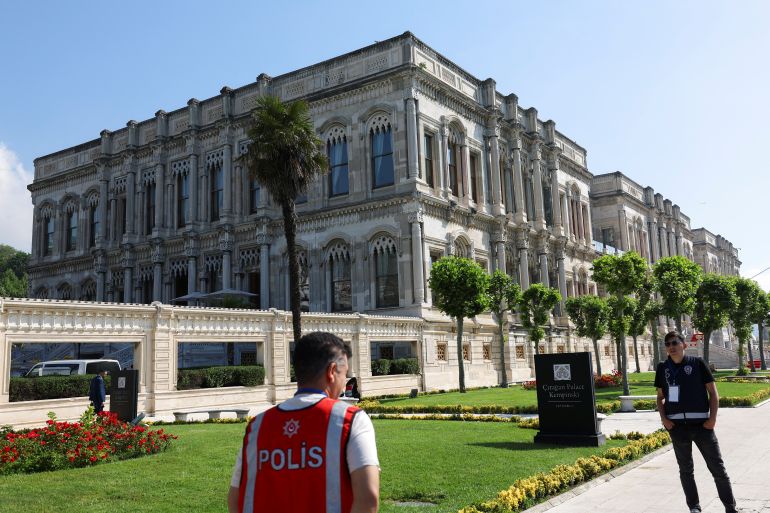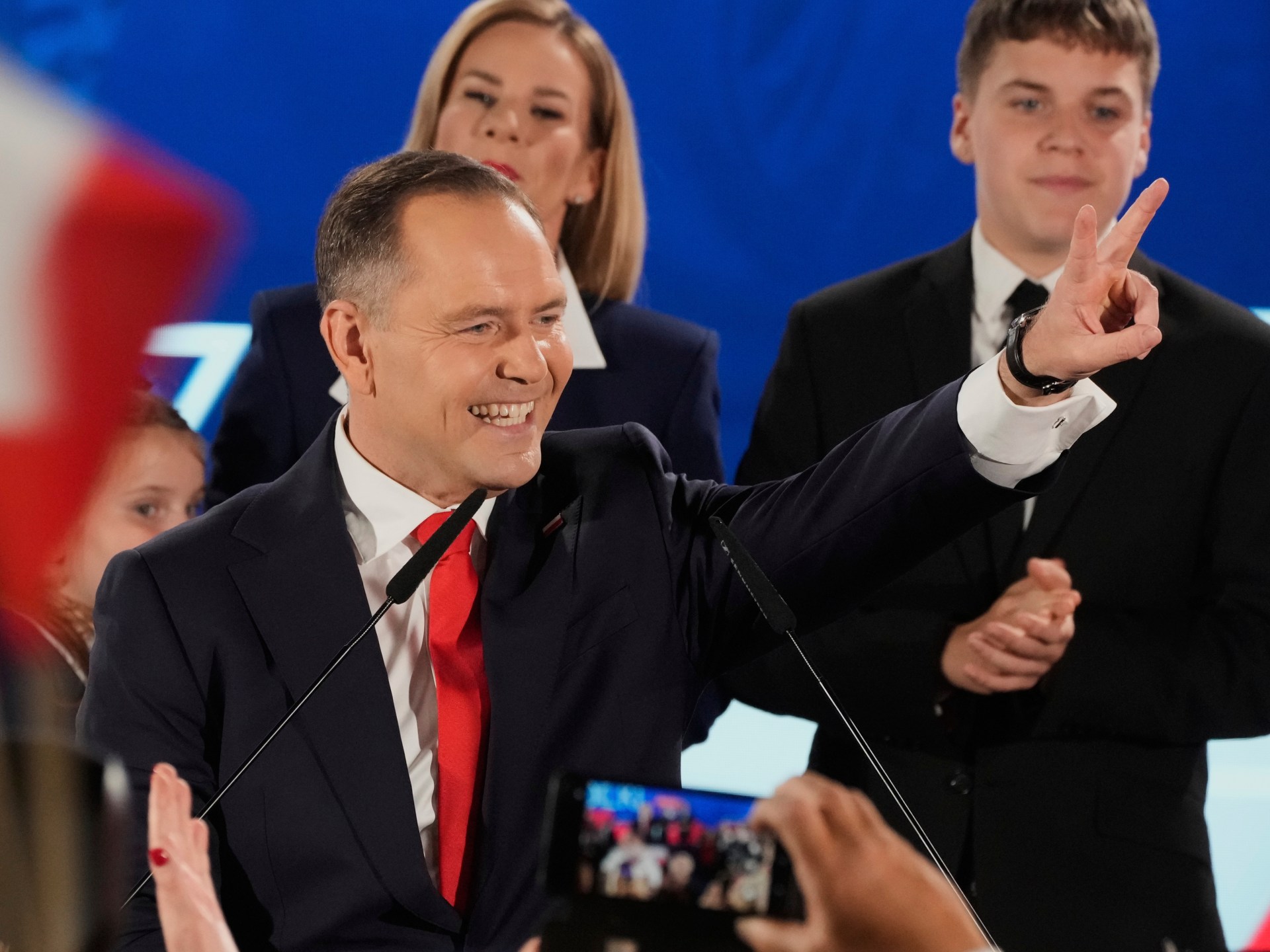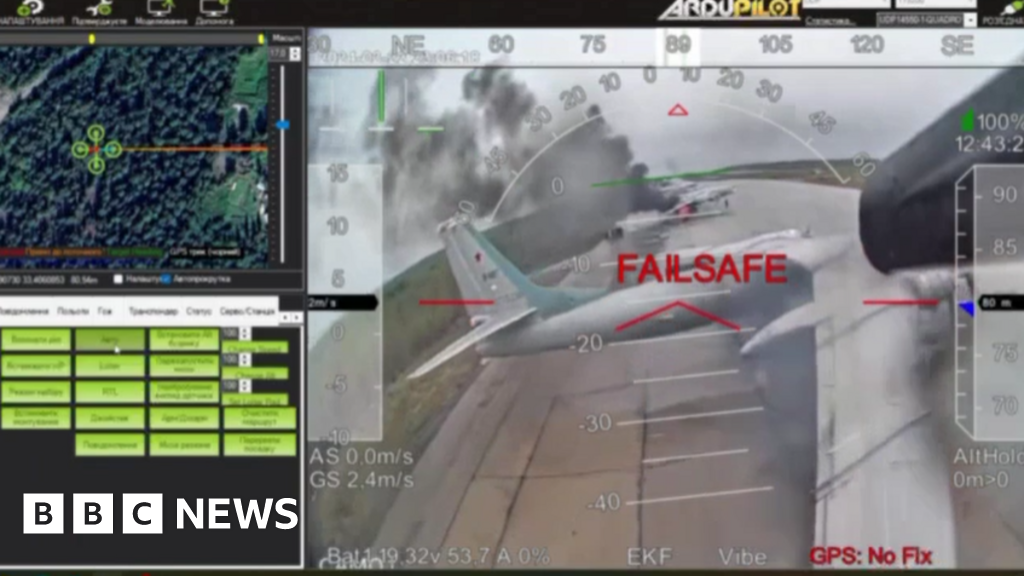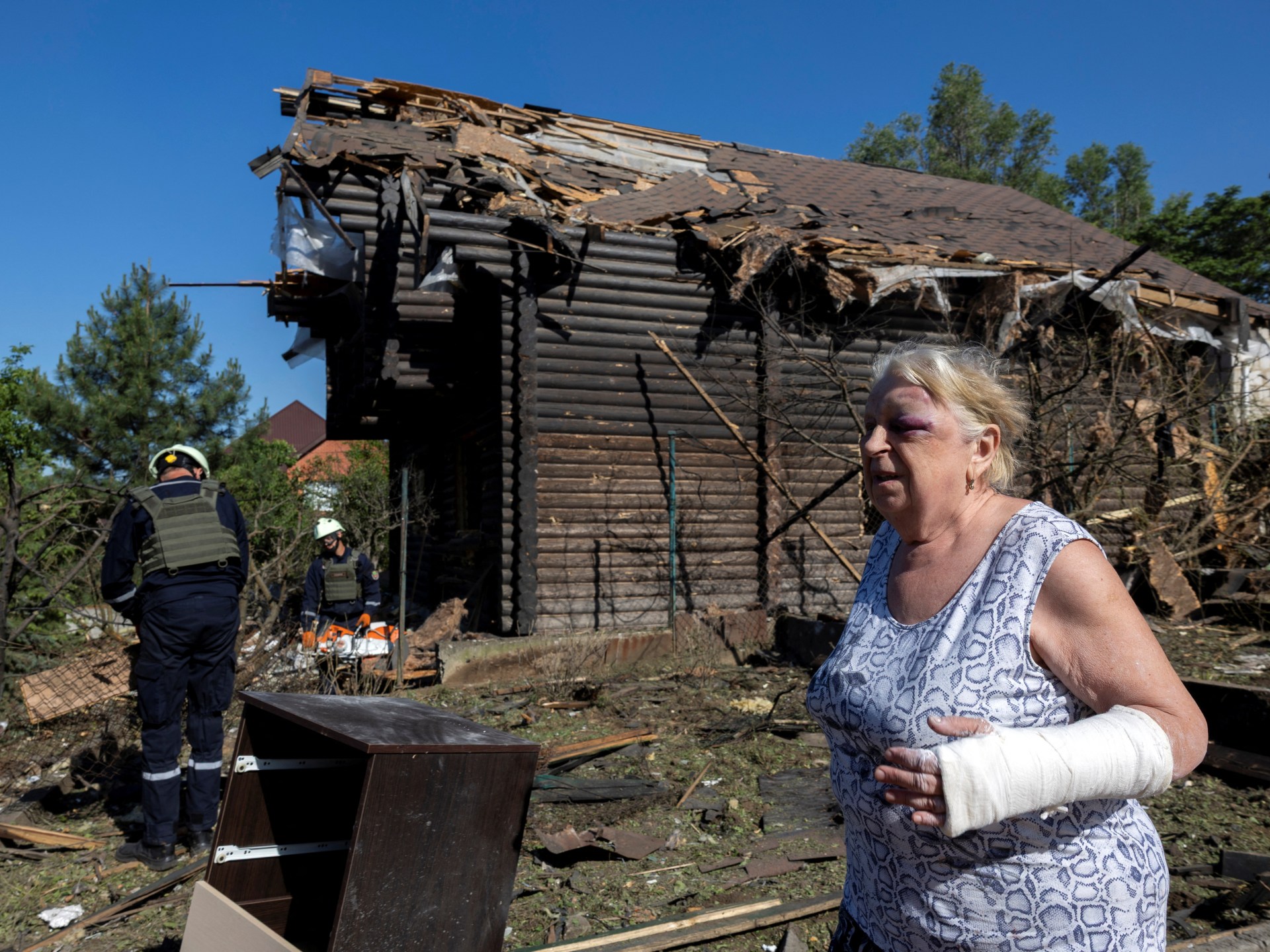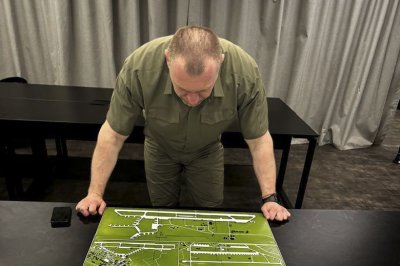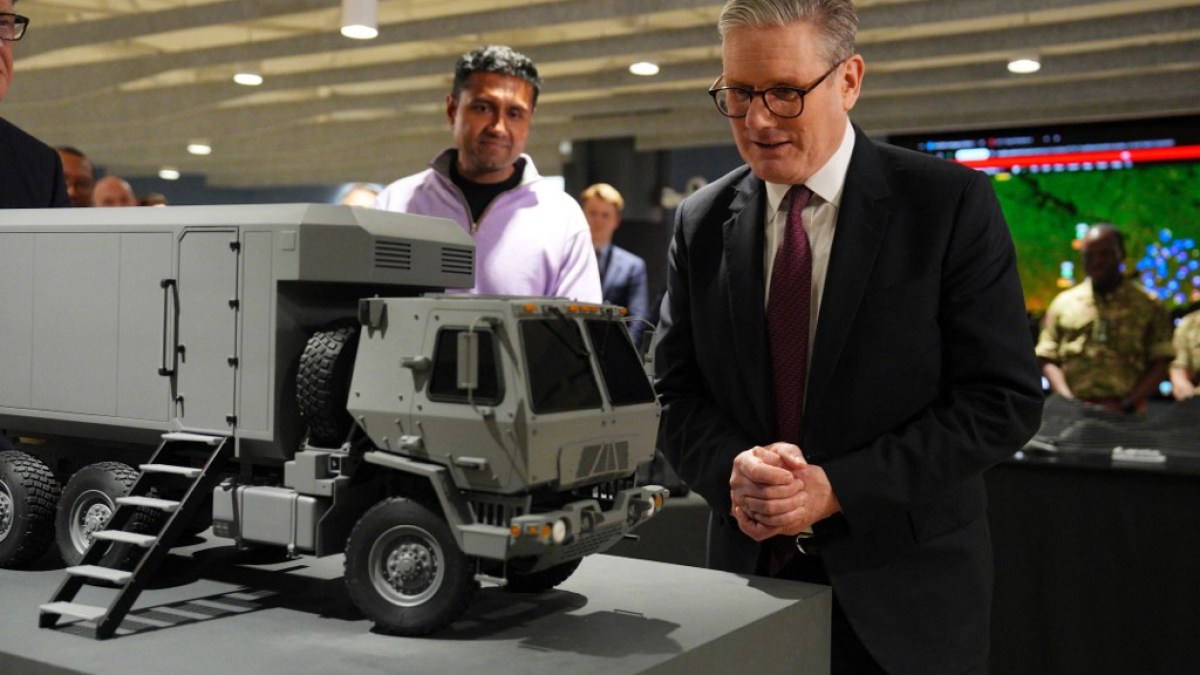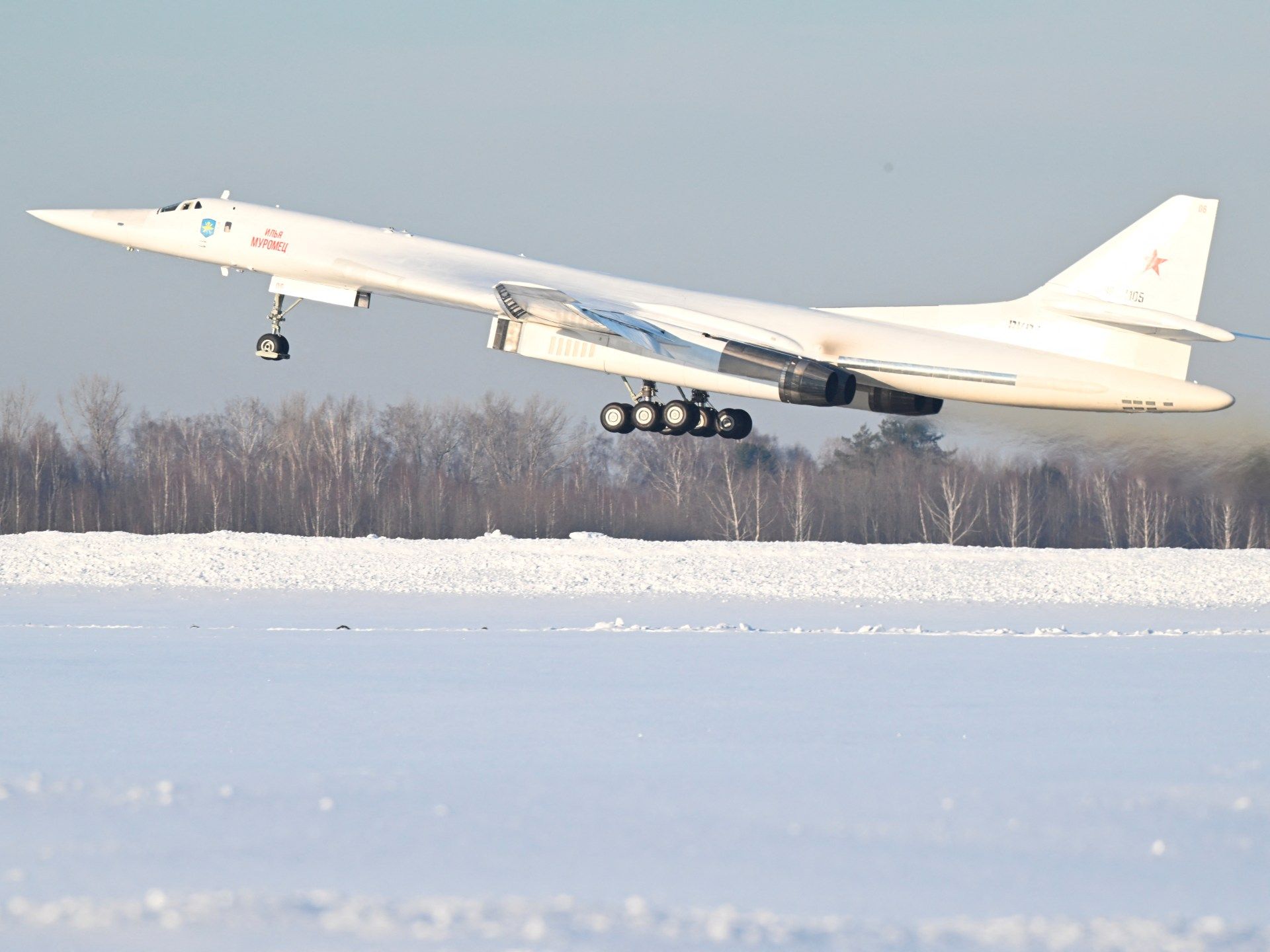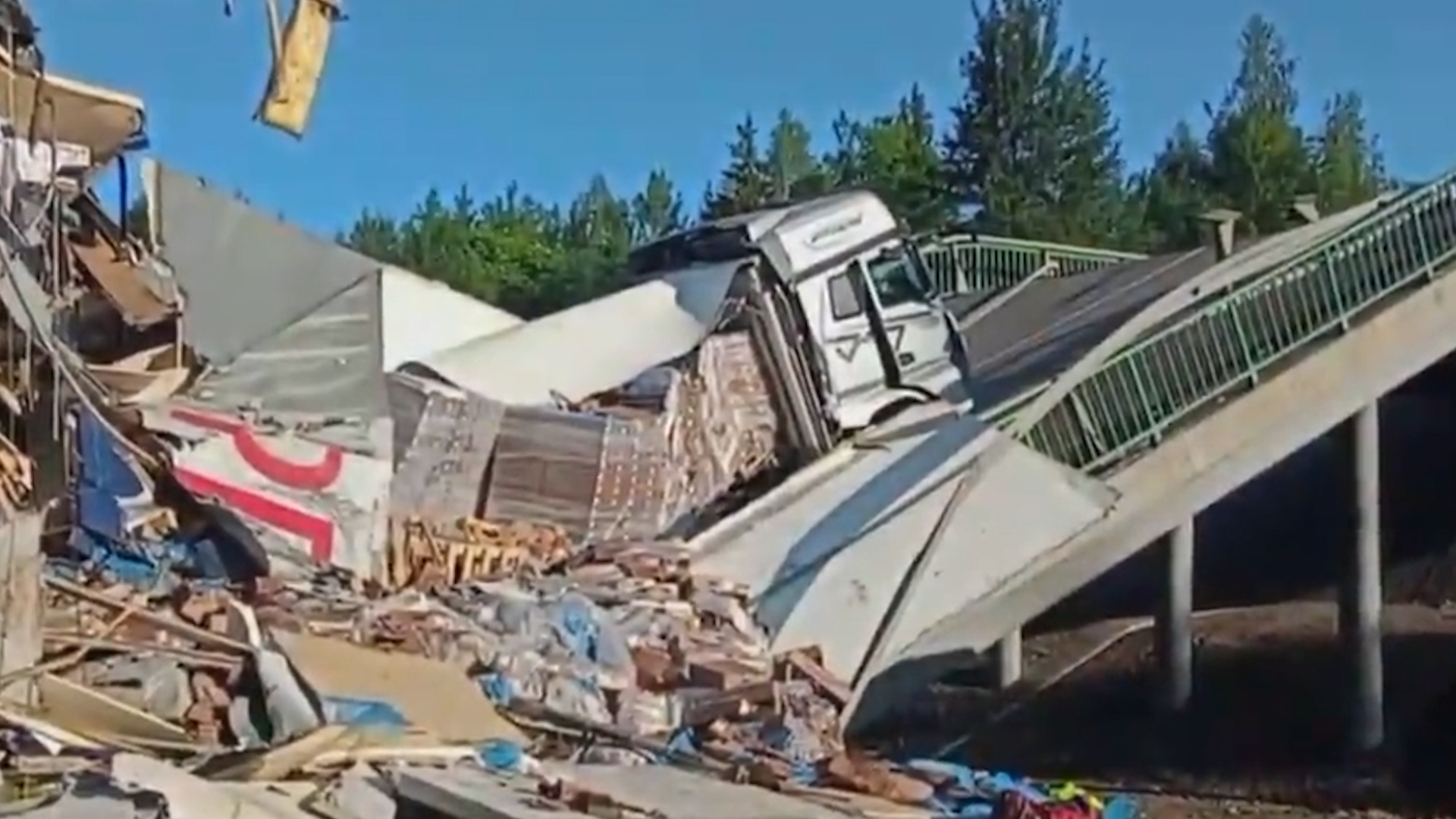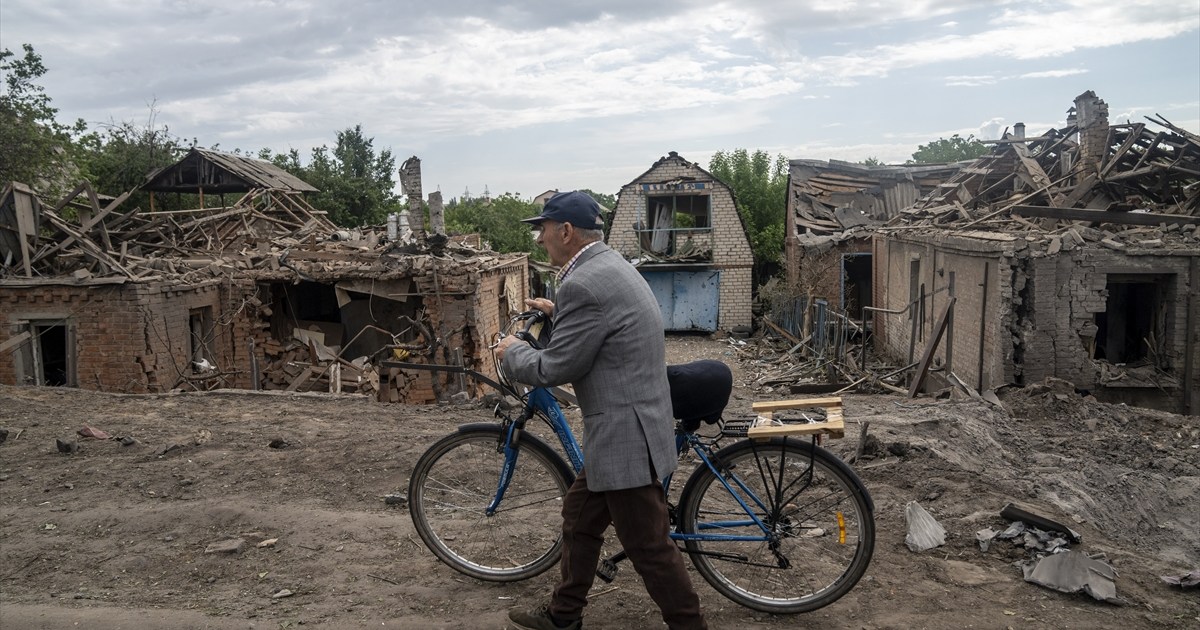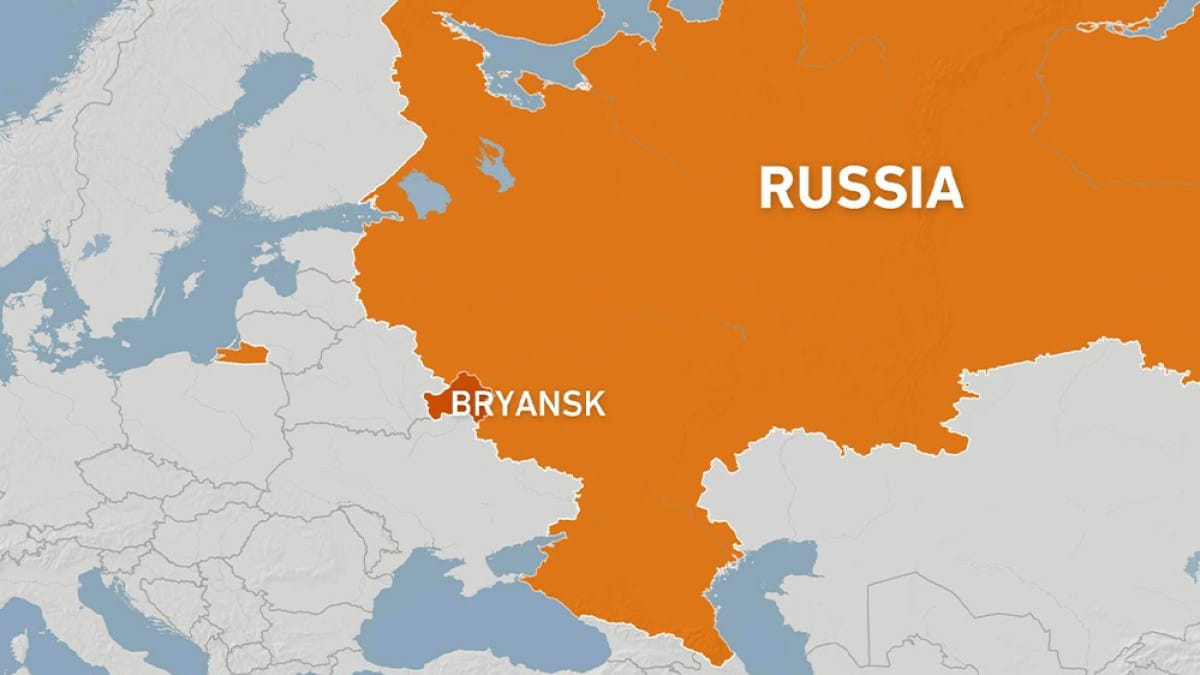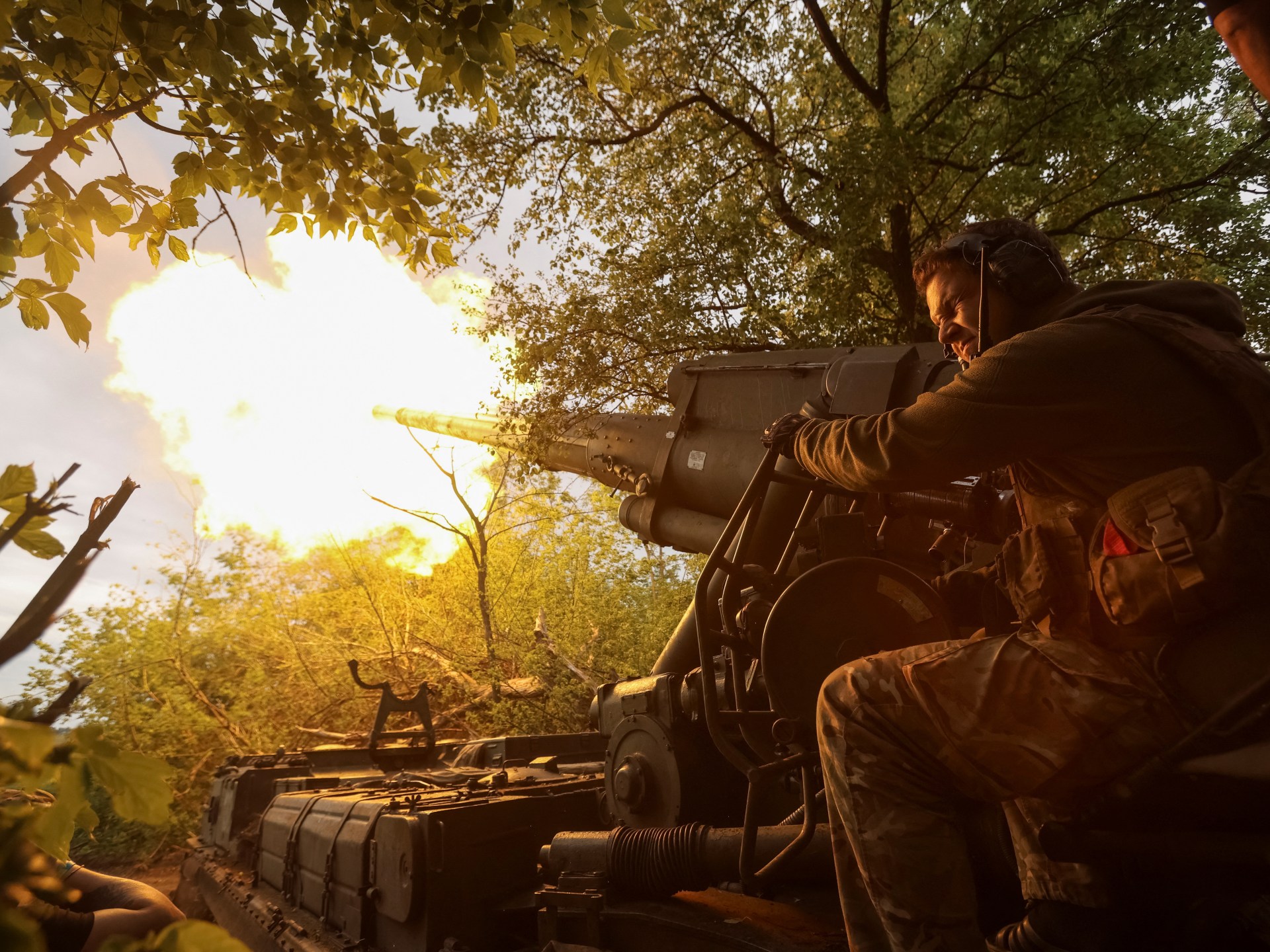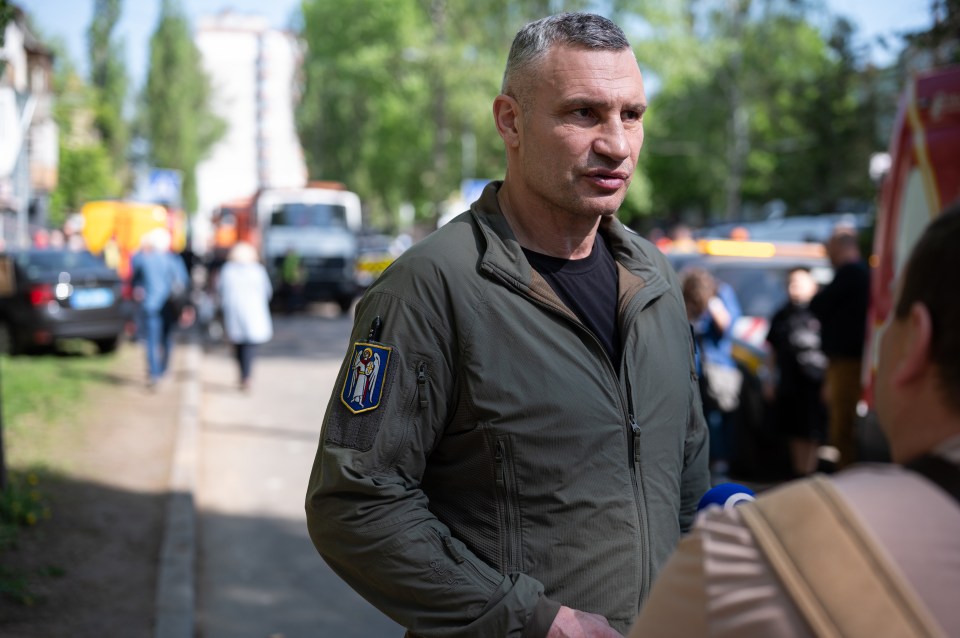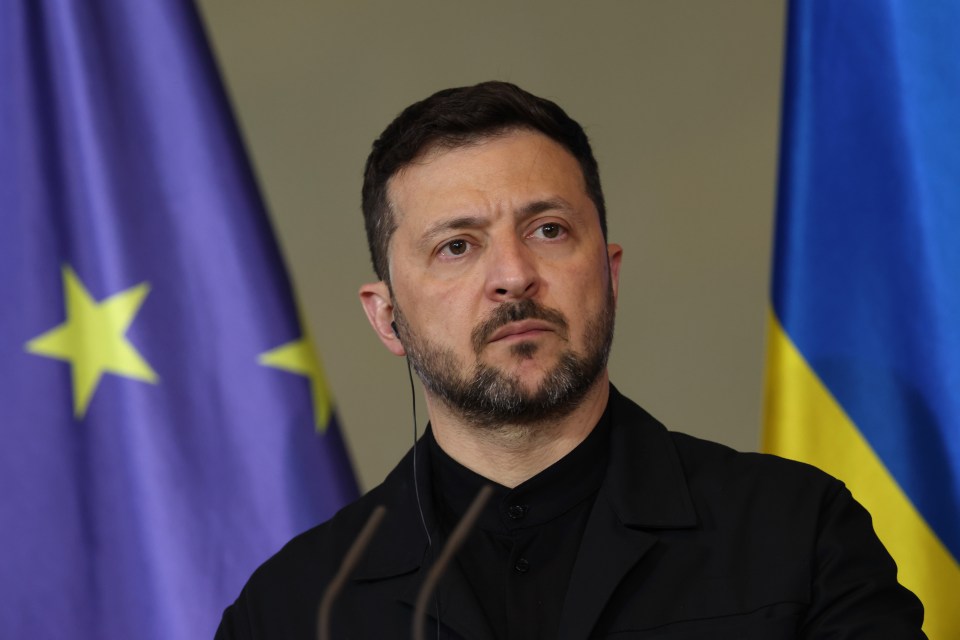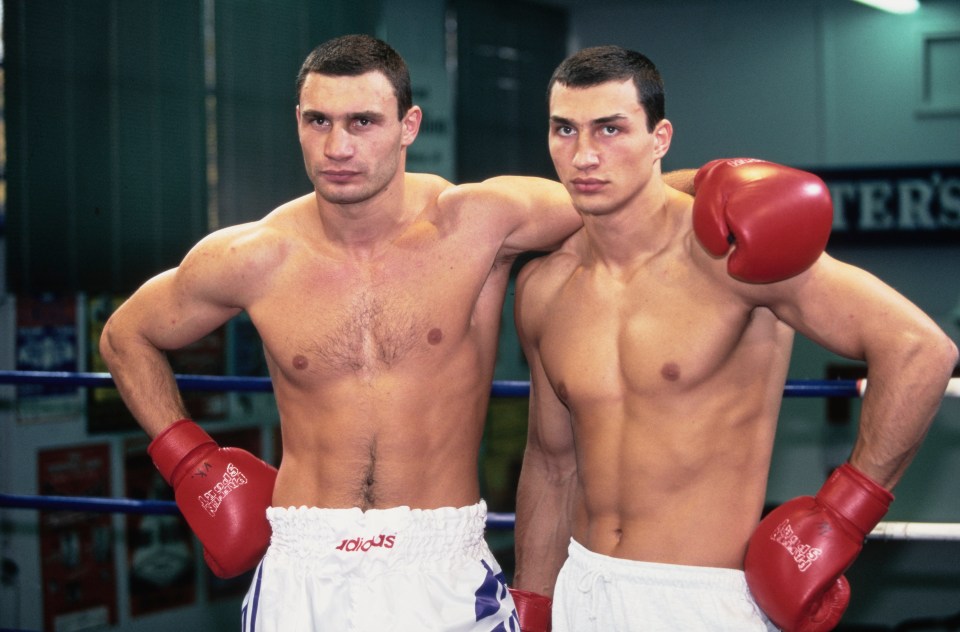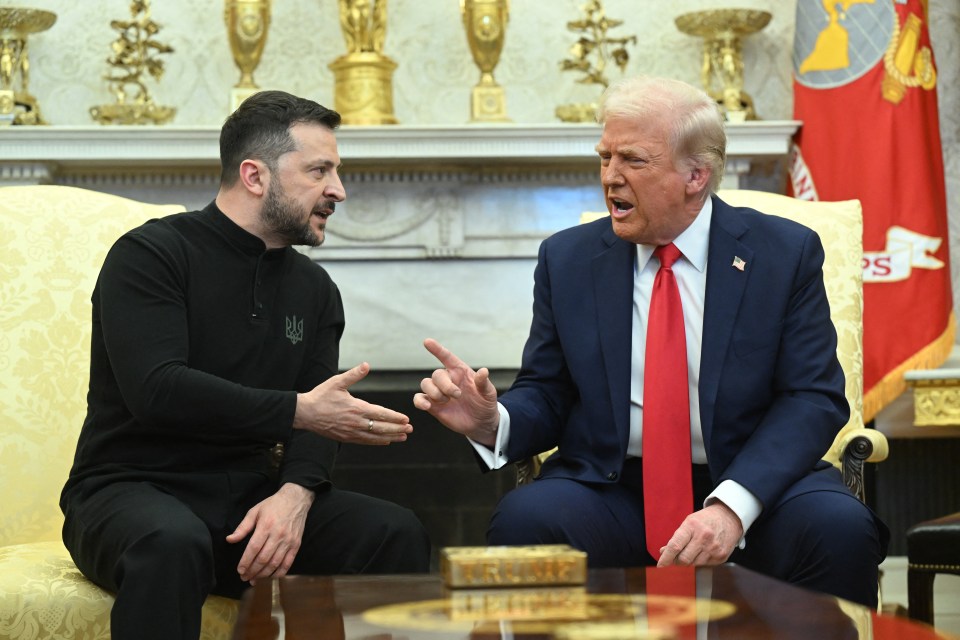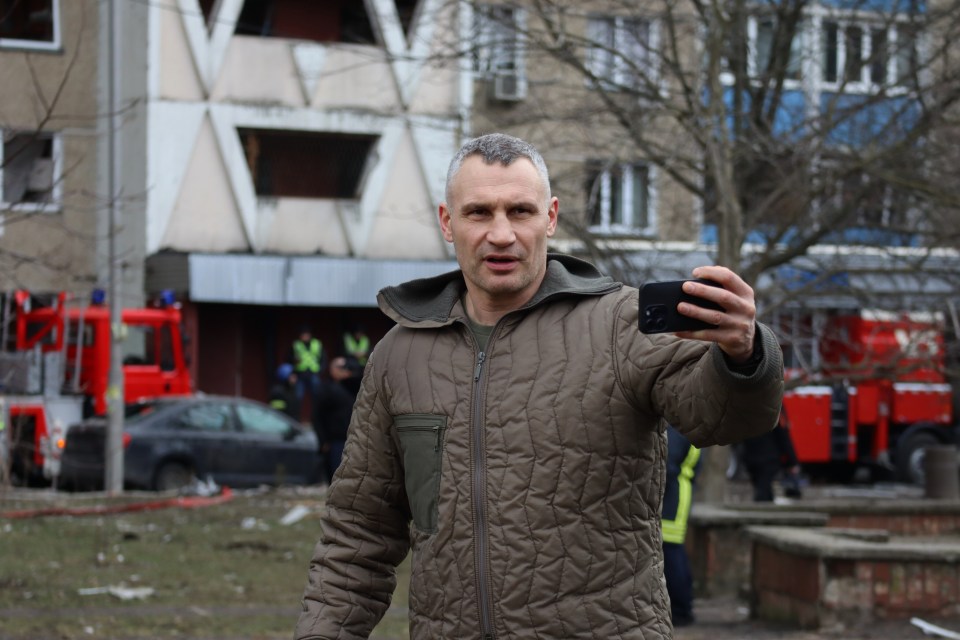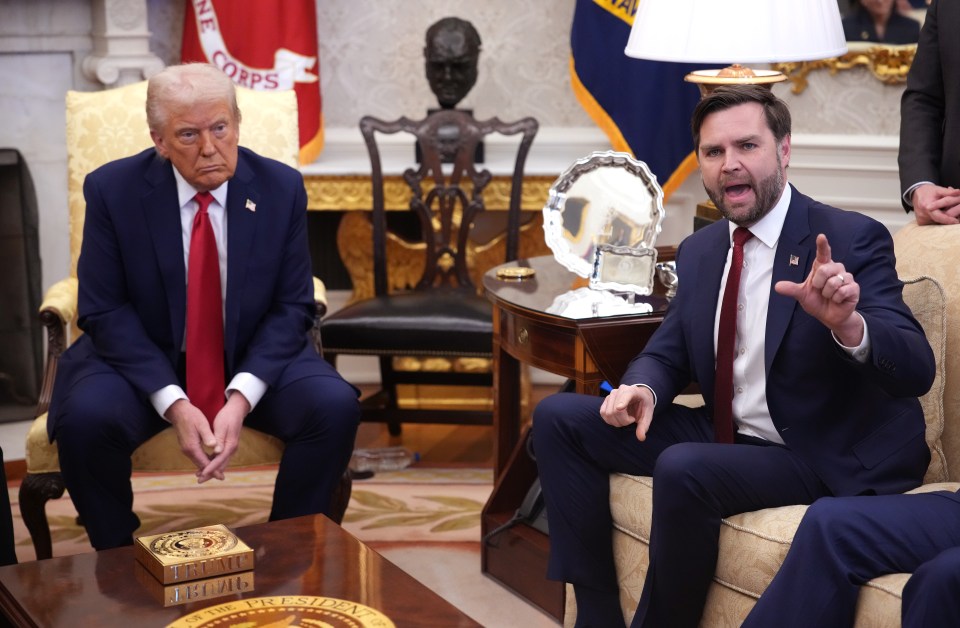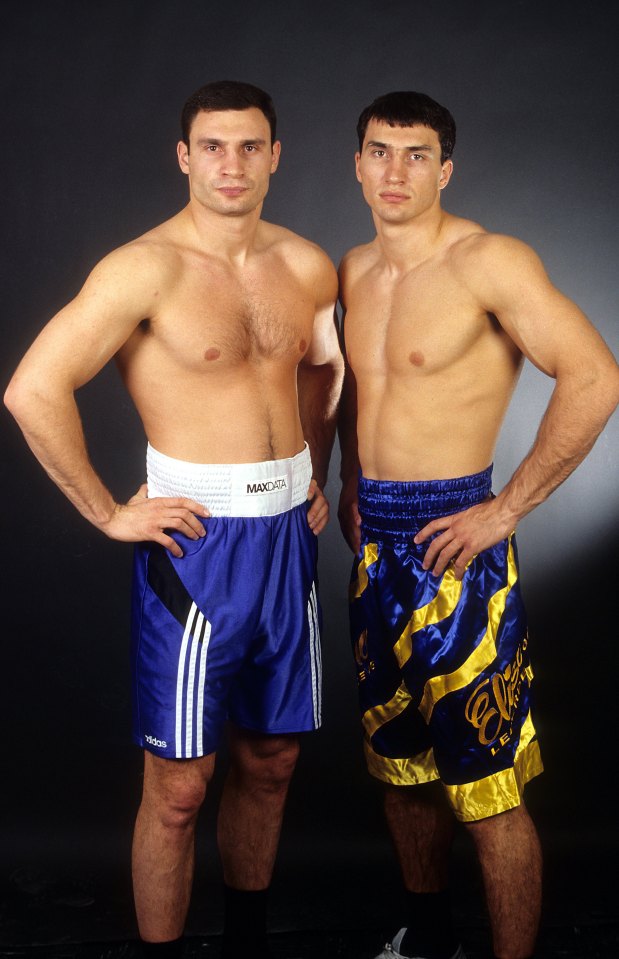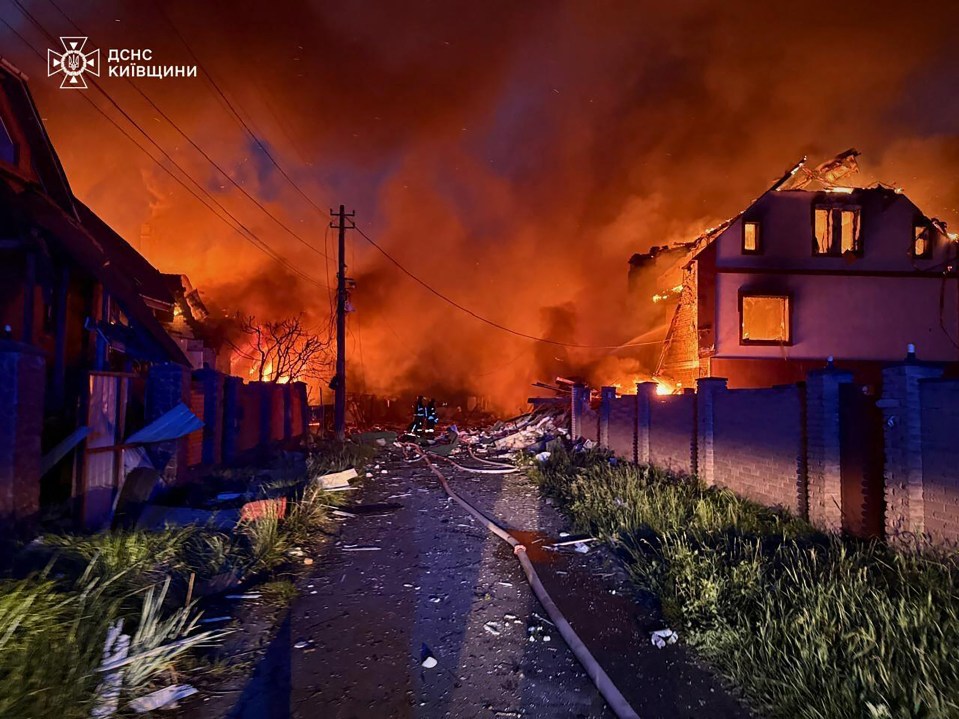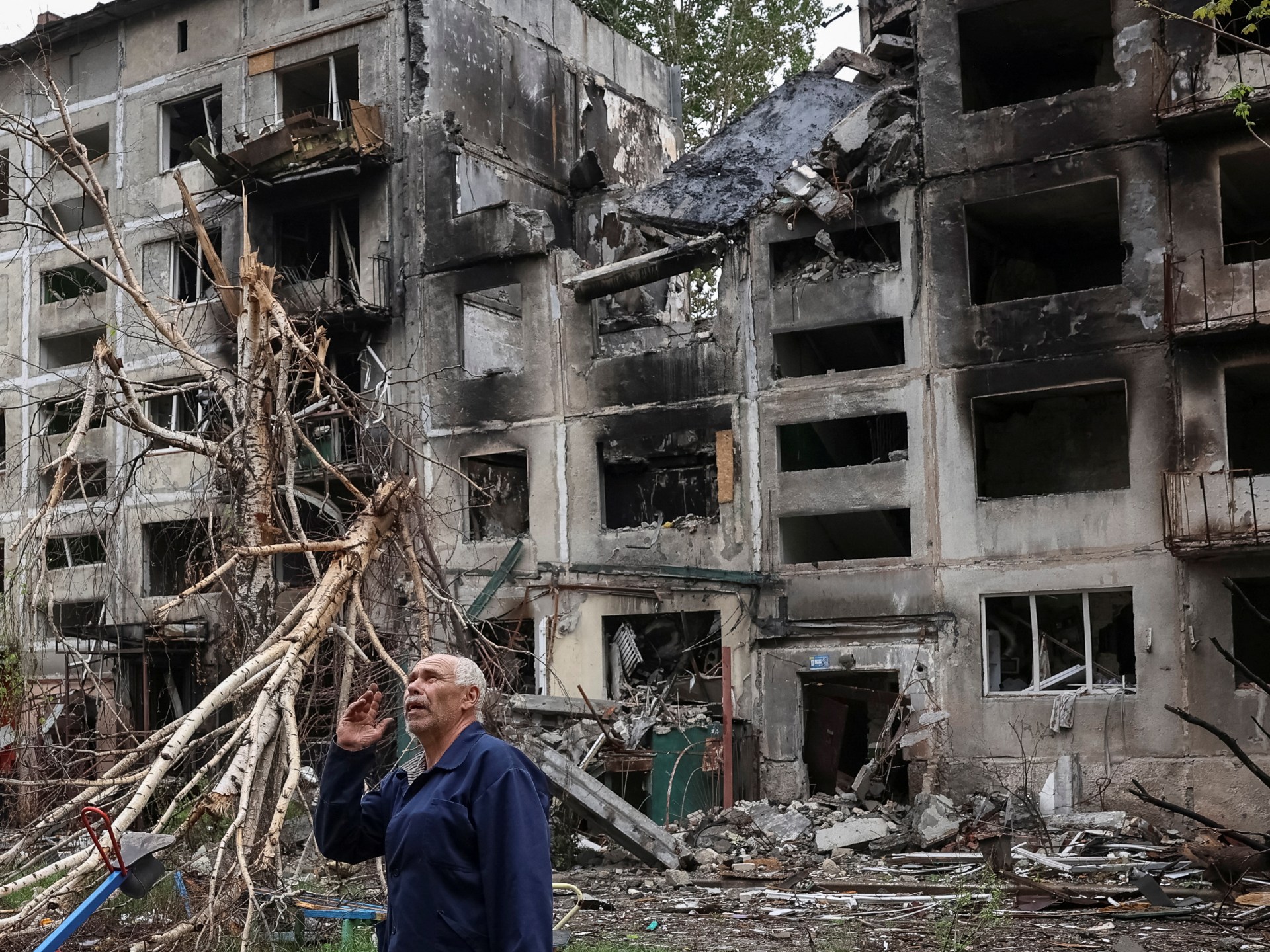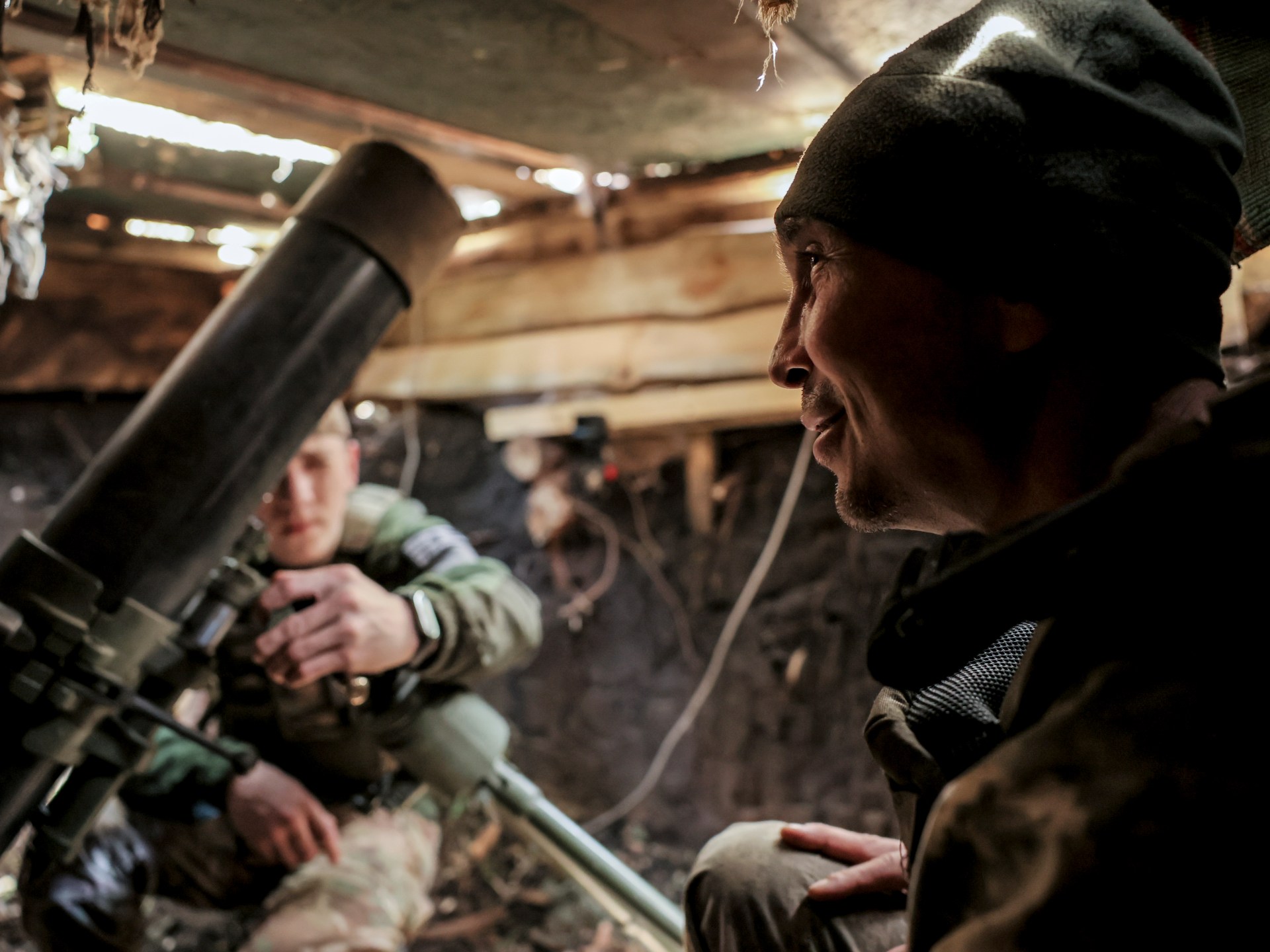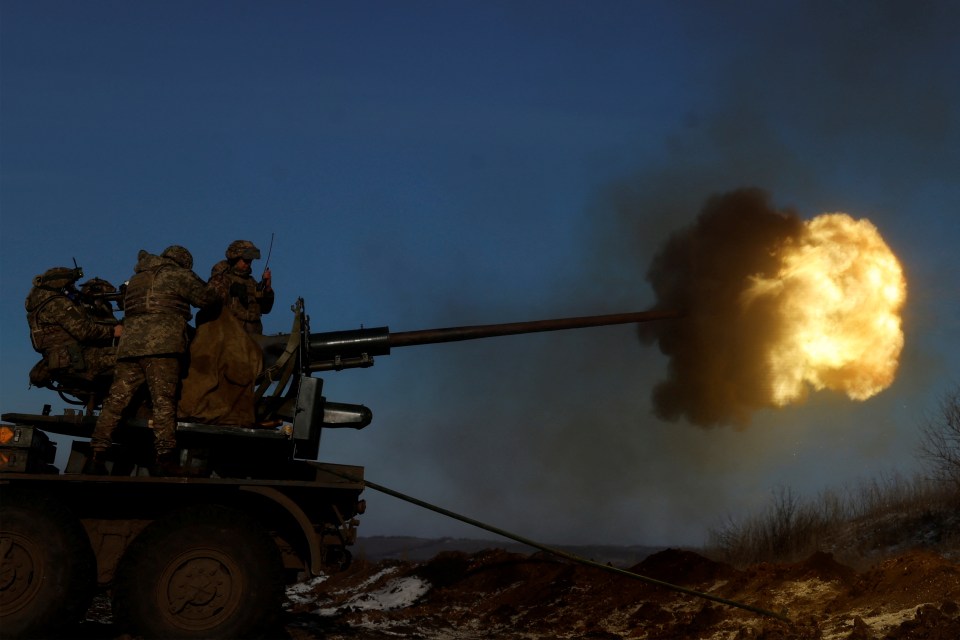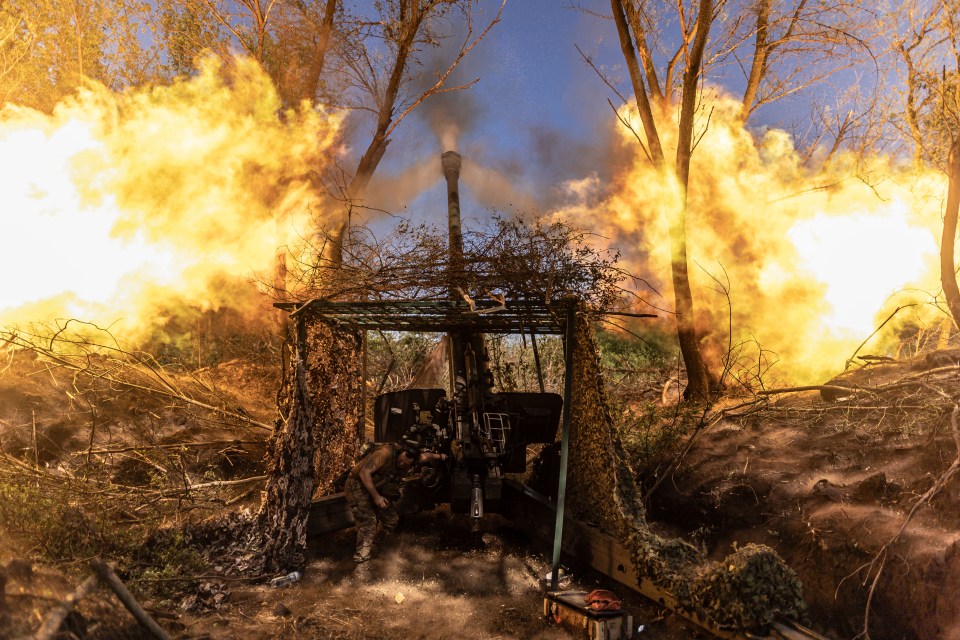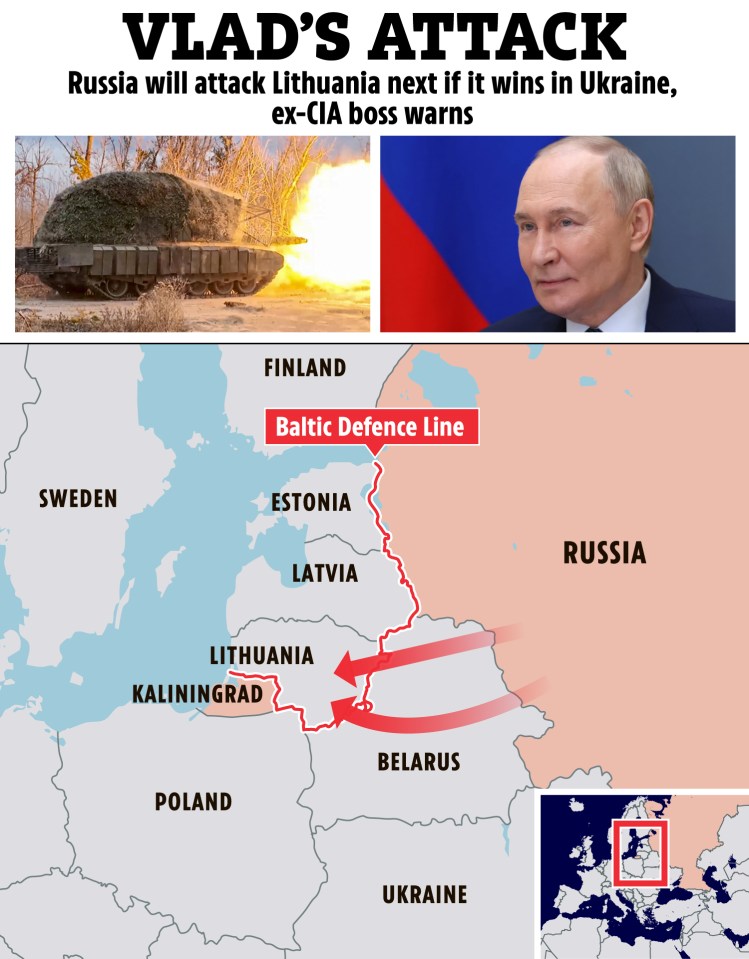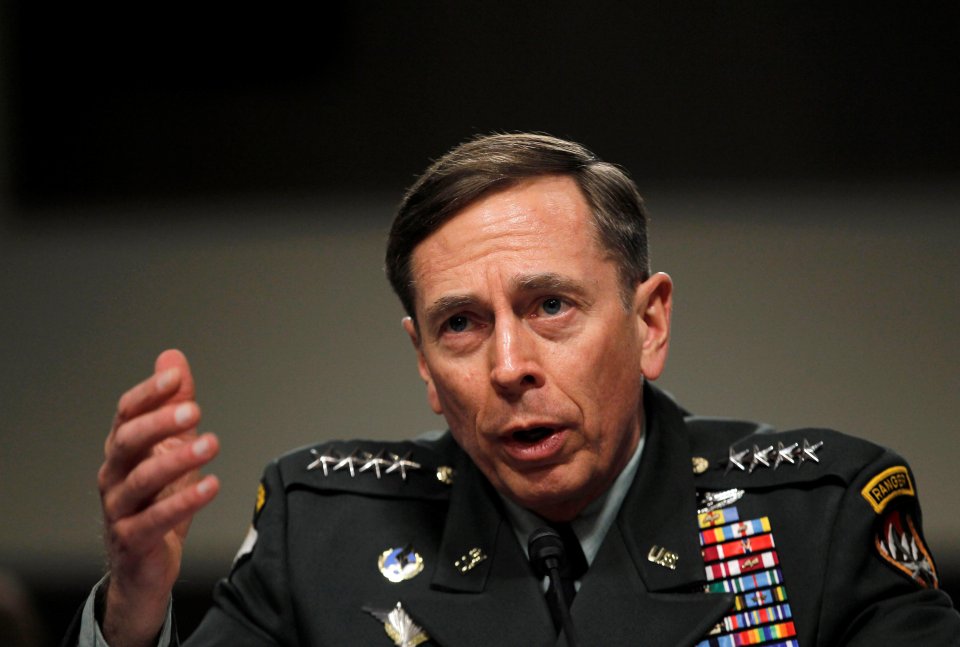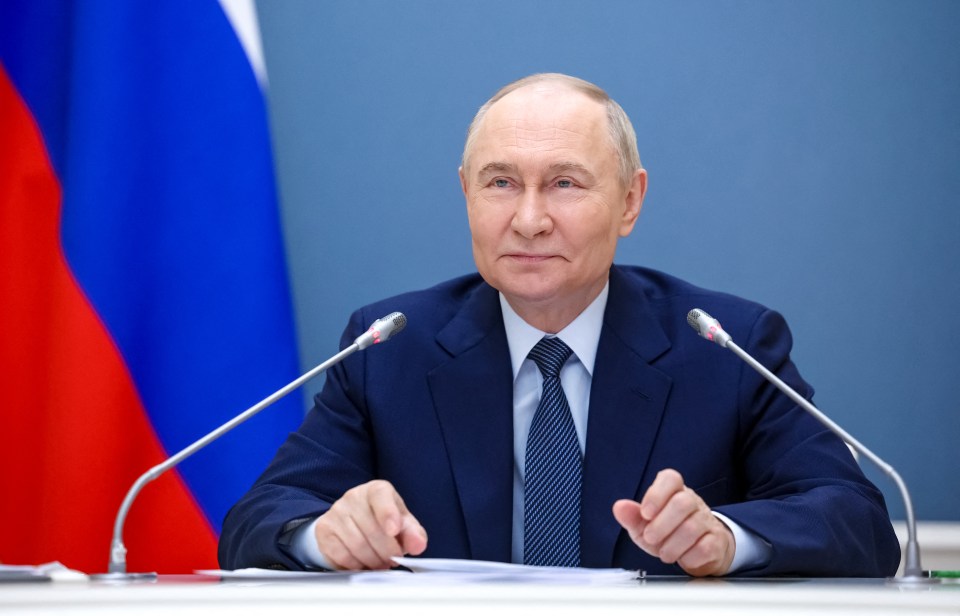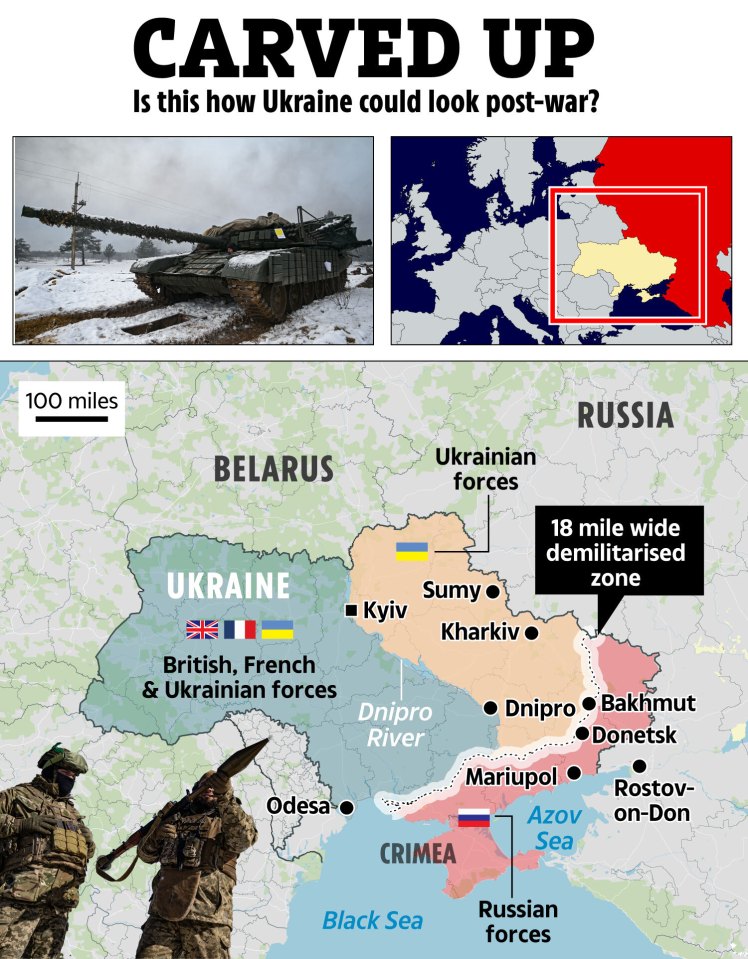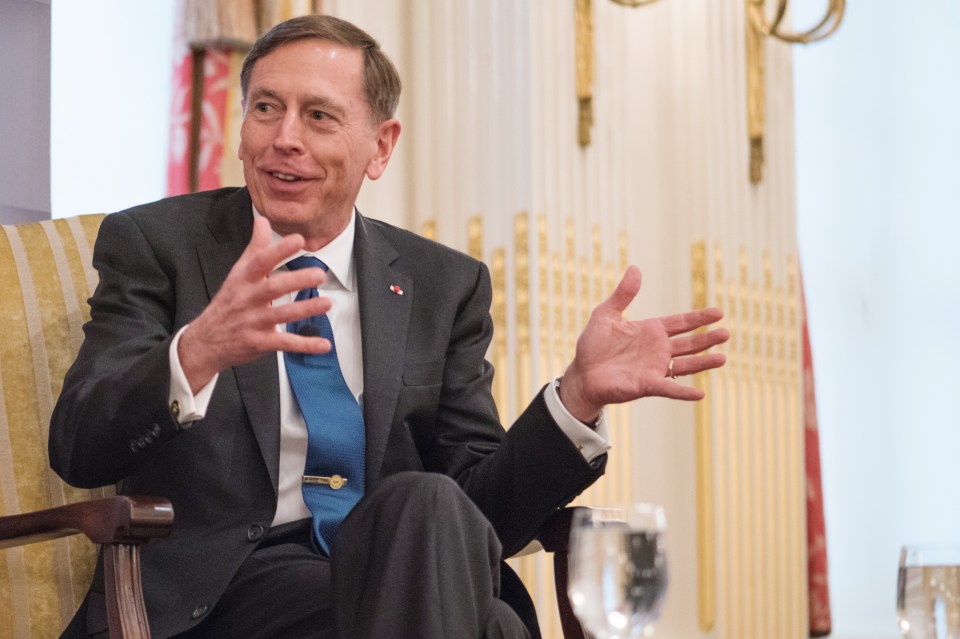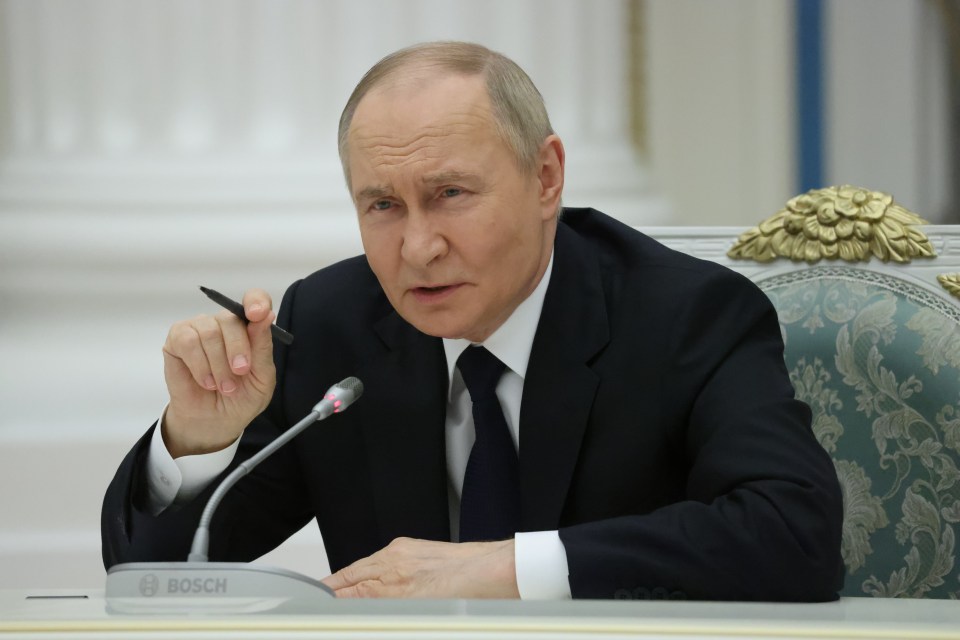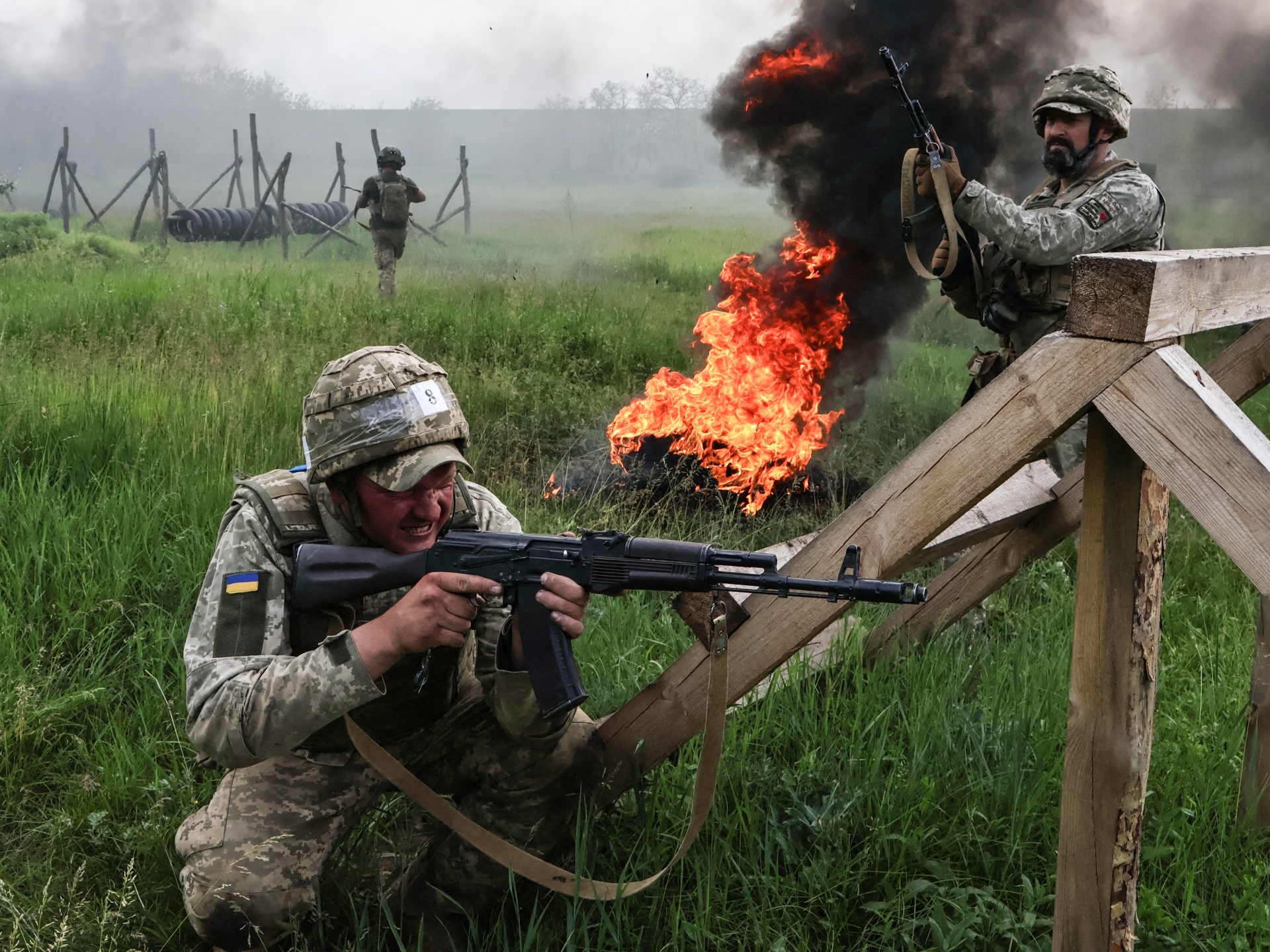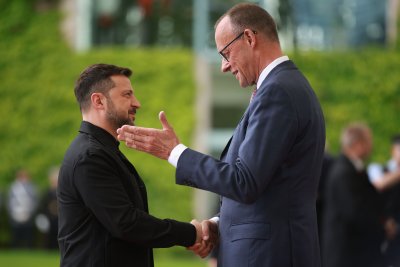How will Ukraine’s attack on Russian bombers affect the war? | News
Kyiv, Ukraine – Any description of Ukraine’s attacks on Russia’s fleet of strategic bombers could leave one scrambling for superlatives.
Forty-one planes – including supersonic Tu-22M long-range bombers, Tu-95 flying fortresses and A-50 early warning warplanes – were hit and damaged on Sunday on four airfields, including ones in the Arctic and Siberia, Ukrainian authorities and intelligence said.
Moscow did not comment on the damage to the planes but confirmed that the airfields were hit by “Ukrainian terrorist attacks”.
Videos posted by the Ukrainian Security Service (SBU), which planned and carried out the operation, which was called The Spiderweb, showed only a handful of planes being hit.
The strategic bombers have been used to launch ballistic and cruise missiles from Russian airspace to hit targets across Ukraine, causing wide scale damage and casualties.
The bomber fleet is one-third of Moscow’s “nuclear triad”, which also consists of nuclear missiles and missile-carrying warships.
According to some observers, the attack shattered Russia’s image of a nuclear superpower with a global reach.
The attack inadvertently “helped the West because it targeted [Russia’s] nuclear potential”, Lieutenant General Ihor Romanenko, former deputy head of the Ukrainian military’s general staff, told Al Jazeera.
While the assault decreases Russia’s potential to launch missiles on Ukraine, it will not affect the grinding ground hostilities along the crescent-shaped, 1,200km (745-mile) front line, he said.
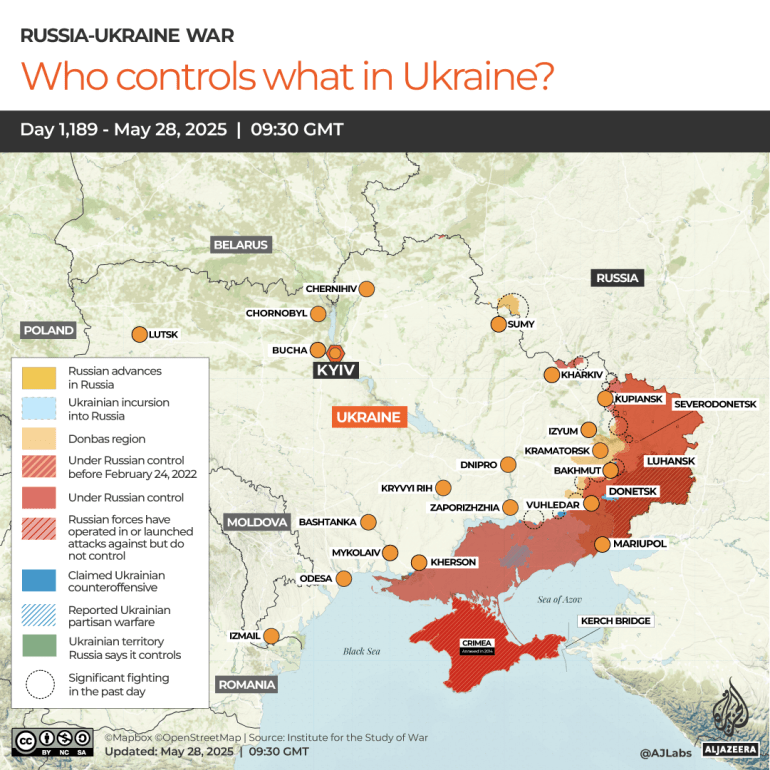
Romanenko compared The Spiderweb’s scope and inventiveness to a string of 2023 Ukrainian attacks against Russia’s Black Sea fleet that was mostly concentrated in annexed Crimea.
Although Ukraine’s navy consisted of a handful of small, decades-old warships that fit into a football field-sized harbour, Kyiv reinvented naval warfare by hitting and drowning Russian warships and submarines with missiles and air and sea drones.
Moscow hastily relocated the decimated Black Sea fleet eastwards to the port of Novorossiysk and no longer uses it to intercept Ukrainian civilian vessels loaded with grain and steel.
The Spiderweb caught Russia’s military strategists off-guard because they had designed air defences to thwart attacks by missiles or heavier, long-range strike drones.
Instead, the SBU used 117 toy-like first-person-view (FPV) drones, each costing just hundreds of dollars, that were hidden in wooden crates loaded onto trucks, it said.
Their unsuspecting drivers took them right next to the airfields – and were shocked to see them fly out and cause the damage that amounted to $7bn, the SBU said.
“The driver is running around in panic,” said a Russian man who filmed thick black smoke rising from the Olenegorsk airbase in Russia’s Arctic region of Murmansk, which borders Norway.
Other videos released by the SBU were filmed by drones as they were hitting the planes, causing thundering explosions and sky-high plumes of black smoke.
Russia’s air defence systems guarding the airfields were not designed to detect and hit the tiny FPV drones while radio jamming equipment that could have caused them to stray off course wasn’t on or malfunctioned.
The SBU added a humiliating detail – The Spiderweb’s command centre was located in an undisclosed location in Russia near an office of the Federal Security Service (FSB), Moscow’s main intelligence agency, which Russian President Vladimir Putin once headed.
“This is a slap on the face for Russia, for FSB, for Putin,” Romanenko said.
However, Kyiv didn’t specifically target the pillar of Russia’s nuclear triad.
“They are destroying Russian strategic aviation not because it’s capable of carrying missiles with nuclear warheads but because of its use to launch … nonnuclear [missiles],” Nikolay Mitrokhin, a researcher with Germany’s Bremen University, told Al Jazeera.
The operation, which took 18 months to plan and execute, damaged a third of Russia’s strategic bomber fleet, Ukrainian President Volodymyr Zelenskyy said.
“This is our most far-reaching operation. Ukraine’s actions will definitely be in history textbooks,” he wrote on Telegram late on Sunday. “We’re doing everything to make Russia feel the necessity to end this war.”
The SBU used artificial intelligence algorithms to train the drones to recognise Soviet-era aircraft by using the planes displayed at an aviation museum in central Ukraine, the Clash Report military blogger said on Monday.
‘The very logic of the negotiations process won’t change’
The attack took place a day before Ukrainian and Russian diplomats convened in Istanbul to resume long-stalled peace talks.
But it will not affect the “logic” of the negotiations, a Kyiv-based political analyst said.
“Emotionally, psychologically and politically, the operation strengthens the positions of Ukrainian negotiators,” Volodymyr Fesenko, head of the Penta think tank, told Al Jazeera. “But the very logic of the negotiations process won’t change.”
“Both sides will consider [US President] Donald Trump an arbiter, and whoever is first to leave the talks loses, ruins its negotiation positions with the United States,” Fesenko said.
Once again, the talks will likely show that the sides are not ready to settle as Russia is hoping to carve out more Ukrainian territory for itself and Ukraine is not going to throw in the towel.
“Russia wants to finish off Ukraine, and we’re showing that we will resist, we won’t give up, won’t capitulate,” Fesenko said.
By Monday, analysts using satellite imagery confirmed that 13 planes – eight Tu-95s, four Tu-22Ms and one An-12 – have been destroyed or damaged.
“What a remarkable success in a well-executed operation,” Chris Biggers, a military analyst based in Washington, DC, wrote on X next to a map showing the destruction of eight planes at the Belaya airbase in the Irkutsk region in southeastern Siberia.
Five more planes have been destroyed at the Murmansk base, according to Oko Hora, a group of Ukrainian analysts.
The Spiderweb targeted three more airfields, two in western regions and one near Russia’s Pacific coast, according to a photo that the SBU posted showing its leader, Vasyl Malyuk, looking at a map of the strikes.
But so far, no damage to the airfields or the planes on them has been reported.
Russia is likely to respond to The Spiderweb with more massive drone and missile attacks on civilian sites.
“I’m afraid they’ll use Oreshnik again,” Fesenko said, referring to Russia’s most advanced ballistic missile, which can speed up to 12,300 kilometres per hour (7,610 miles per hour), or 10 times the speed of sound, and was used in November to strike a plant in eastern Ukraine.

